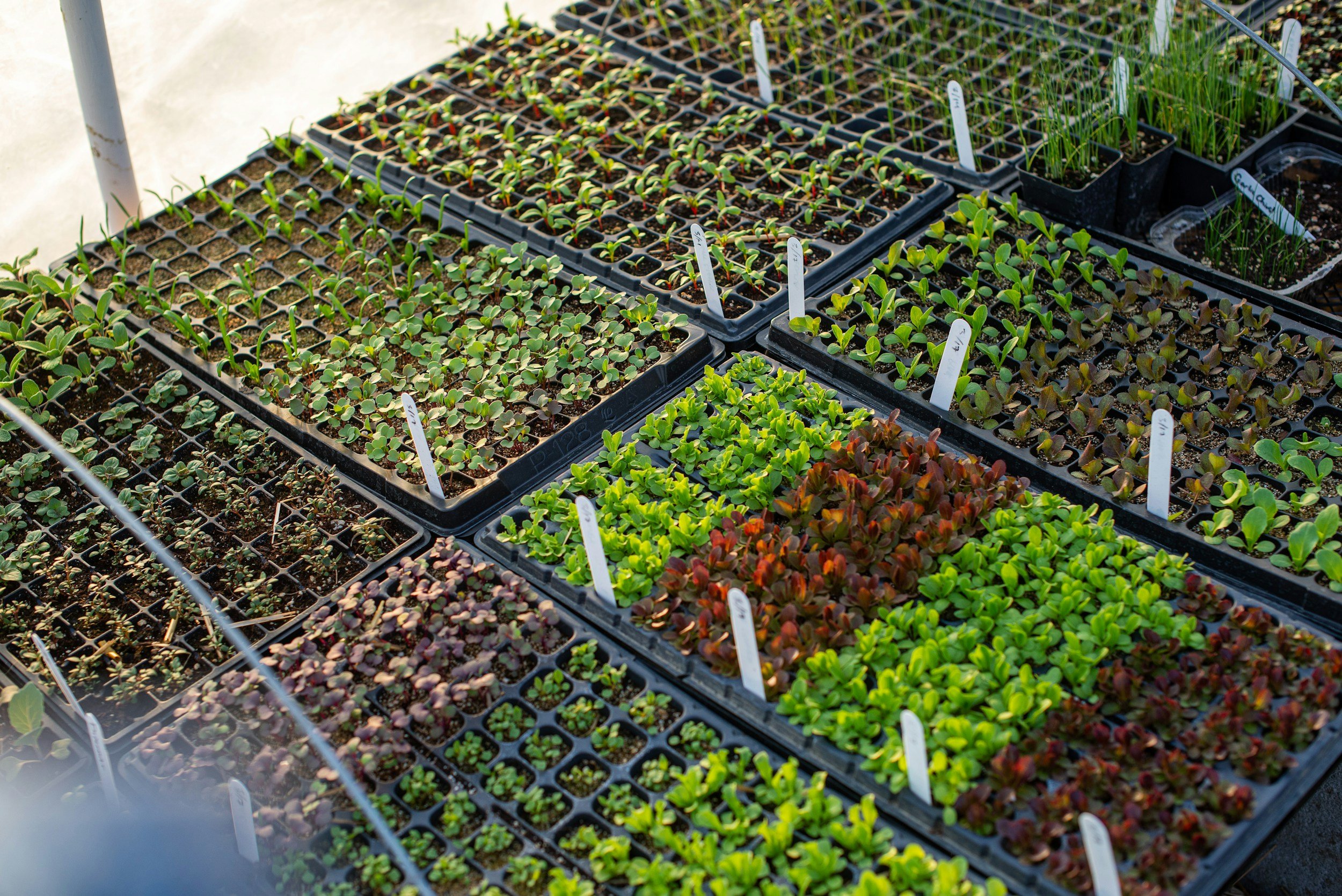
Global Fertilizer Shortage: The Benefits of Nutrient Recycling & Closing the Loop with Aquamation
Nutrient recycling is a critical process in sustainable farming and environmental stewardship. It allows for the reuse of essential nutrients, reducing the need for synthetic fertilizers and minimizing waste. One emerging method that fits into this model is aquamation, also known as alkaline hydrolysis. Aquamation’s ability to produce nutrient-rich wastewater could provide an eco-friendly way to “close the loop” by returning essential nutrients back to the soil.

Global Fertilizer Shortage: Sustainable Farming and the Future of Agriculture
One of the key principles of sustainable farming is the use of natural resources in a way that doesn’t deplete them for future generations. This means finding alternatives to synthetic fertilizers, which are energy-intensive to produce and contribute to soil degradation over time (Kremen & Miles, 2012).

The Global Fertilizer Shortage: Why It Matters
One of the main reasons for the shortage is the global disruption in supply chains due to the COVID-19 pandemic. Many of the raw materials used to produce fertilizer, like nitrogen, phosphate, and potassium, have become harder to obtain or more expensive to transport
